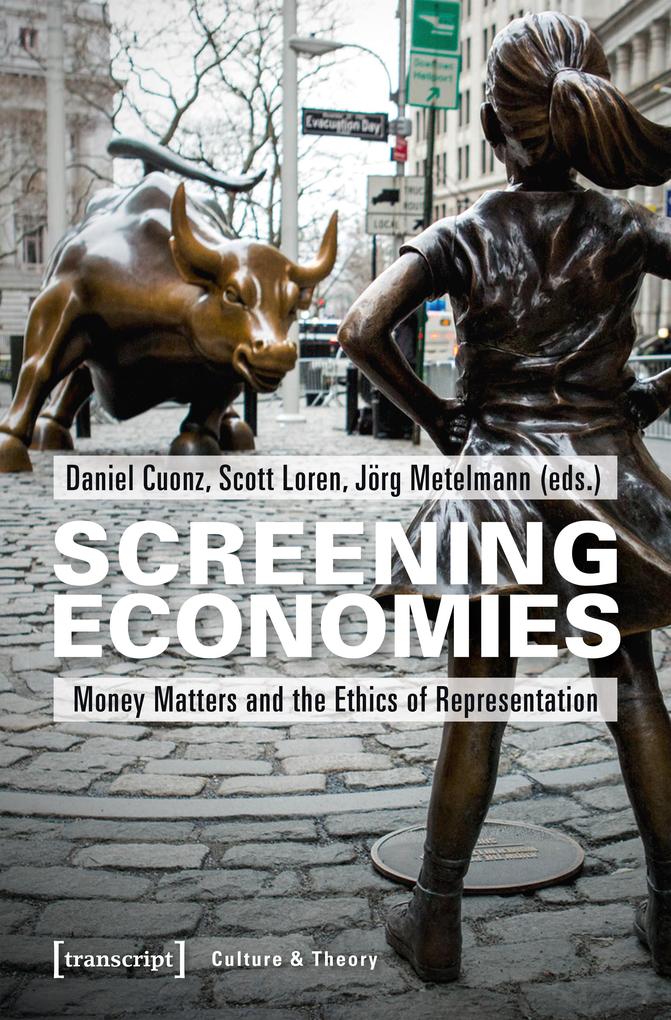
Sofort lieferbar (Download)
The total economization of life has led to an aesthetic conundrum: how to represent a universal condition as it threatens to become invisible?
The relationship between economy, finance and society has become opaque. Quantum leaps in complexity and scale have turned this deeply interdependent web of relations into an area of incomprehensible abstraction. And while the economization of life has come under widespread critique, inquiry into the political potential of representational praxis is more crucial than ever. This volume explores ethical, aesthetic and ideological dimensions of economic representation, redressing essential questions: What are the roles of mass and new media? How do the arts contribute to critical discourse on the global techno-economic complex? Collectively, the contributions bring theoretical debate and artistic intervention into a rich exchange that includes but also exceeds the conventions of academic scholarship.
Mehr aus dieser Reihe
Produktdetails
Erscheinungsdatum
31. Oktober 2018
Sprache
englisch
Seitenanzahl
192
Dateigröße
9,54 MB
Reihe
Edition Kulturwissenschaft, 183
Herausgegeben von
Daniel Cuonz, Scott Loren, Jörg Metelmann
Verlag/Hersteller
Kopierschutz
mit Wasserzeichen versehen
Family Sharing
Ja
Produktart
EBOOK
Dateiformat
PDF
ISBN
9783839445273
Entdecken Sie mehr
Bewertungen
0 Bewertungen
Es wurden noch keine Bewertungen abgegeben. Schreiben Sie die erste Bewertung zu "Screening Economies" und helfen Sie damit anderen bei der Kaufentscheidung.

































